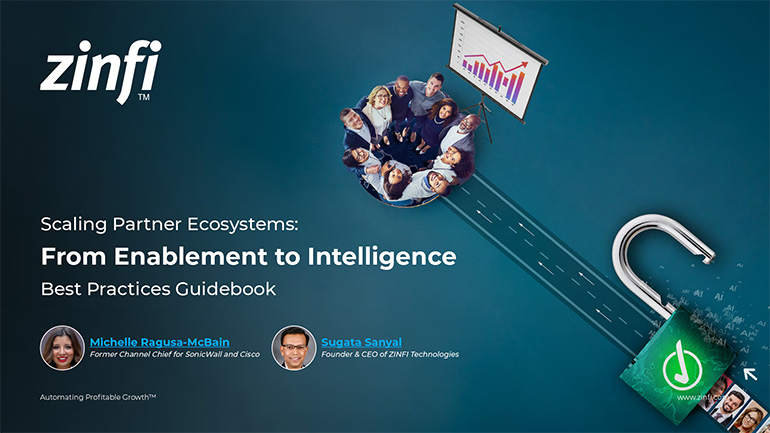Glossary - What is - Digital Strategy
What is a Digital Strategy?
A digital strategy is a comprehensive plan integrating various digital initiatives and technologies to achieve specific business goals. It involves leveraging digital assets, tools, and platforms to improve efficiency, foster innovation, and deliver enhanced customer value. Typically, a digital strategy encompasses digital marketing, online services, data analytics, and customer relationship management to optimize a business’s digital presence and performance.
A digital strategy plays a crucial role in partner ecosystem management and partner management automation. By integrating advanced digital tools and platforms, businesses can streamline their partner management processes, enhance communication and collaboration, and track performance metrics more effectively. Automation technologies enable real-time data sharing and analytics, improving decision-making and operational efficiencies within a partner ecosystem.
Key Takeaways
- Enhanced Partner Collaboration: Implementing a digital strategy allows businesses to use platforms like ZINFI’s Partner Relationship Management (PRM) solutions. These tools facilitate better communication, resource sharing, and project tracking among partners, leading to more effective collaboration and increased productivity.
- Data-Driven Insights: A digital strategy incorporates analytics tools that help businesses gather and analyze data from their partner ecosystem. This leads to more informed decisions and real-time strategic adjustments, optimizing partner engagement and performance. Check out ZINFI’s Analytics Tools.
- Automated Partner Training and Support: Automation of training and support processes ensures that partners across different regions and time zones receive timely, consistent, and relevant information and assistance. This increases partner capabilities and aligns their operations with brand standards and goals. Check out ZINFI Partner Training Solutions.
- Increased Market Reach and Scalability: Digital tools facilitate more accessible entry into new markets and enhance scalability. Businesses can manage more partners effectively without proportional increases in overhead costs. This scalability is vital for growing into new geographical areas.
- Improved Customer Experience: A well-executed digital strategy improves the end customer’s experience by ensuring that all touchpoints are managed effectively and efficiently. Enhanced partner management leads to better product delivery and customer service.
Summary of Key Takeaways
A robust digital strategy enhances partner collaboration, provides valuable data-driven insights, automates essential partner training and support, and increases market reach and scalability. Ultimately, this strategy improves the overall customer experience by streamlining operations and maintaining high standards across the board.
Key Examples
- Automotive Manufacturing: In automotive manufacturing, a digital strategy can integrate technologies like IoT and AI to streamline supply chain management and enhance collaboration across global partners.
- Consumer Electronics: For consumer electronics, digital strategies often focus on optimizing global distribution channels and enhancing online customer engagement through digital marketing and e-commerce platforms.
- Energy Production: Digital strategies can optimize asset management and predictive maintenance through data analytics and automation in energy production.
- Financial Services: Digital strategies in financial services might focus on enhancing mobile banking experiences and implementing robust cybersecurity measures to protect client data.
- Food and Beverage: The food and beverage industry can benefit from digital strategies using e-commerce platforms for direct-to-consumer sales and supply chain optimization.
- Healthcare Services: In healthcare, digital strategies can enhance patient care through telemedicine and electronic health records.
- Information Technology: IT companies leverage digital strategies for cloud computing services, data security, and client project management.
- Pharmaceutical Development: Digital strategies in pharmaceuticals could focus on enhancing research and development efficiencies through data analytics and simulation models.
- Retail Industry: Retailers use digital strategies to enhance online shopping experiences, optimize inventory management, and integrate omnichannel marketing approaches.
- Telecommunications: For telecommunications, a digital strategy is crucial for managing network operations, customer service, and new service deployments.
Conclusion
A digital strategy is integral to modern business operations across various sectors, enhancing efficiency, market reach, and overall performance. Through carefully planning and implementing digital tools and platforms, businesses can achieve greater integration and cooperation within their partner ecosystems, leading to sustained growth and success.
Associated Keywords:
- Digital Transformation
- Partner Relationship Management
- Business Automation















